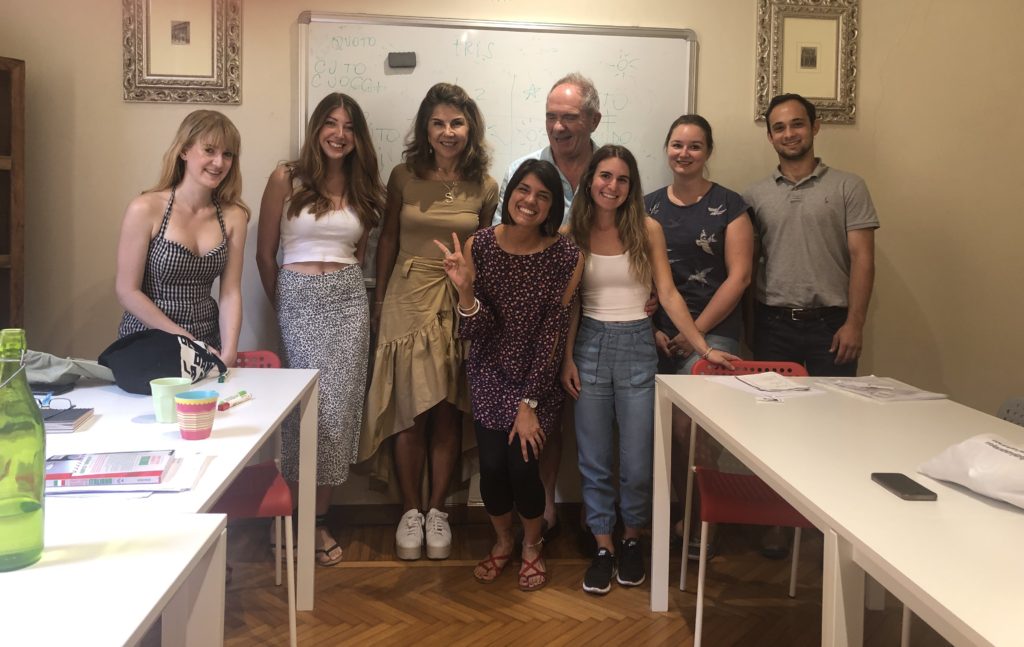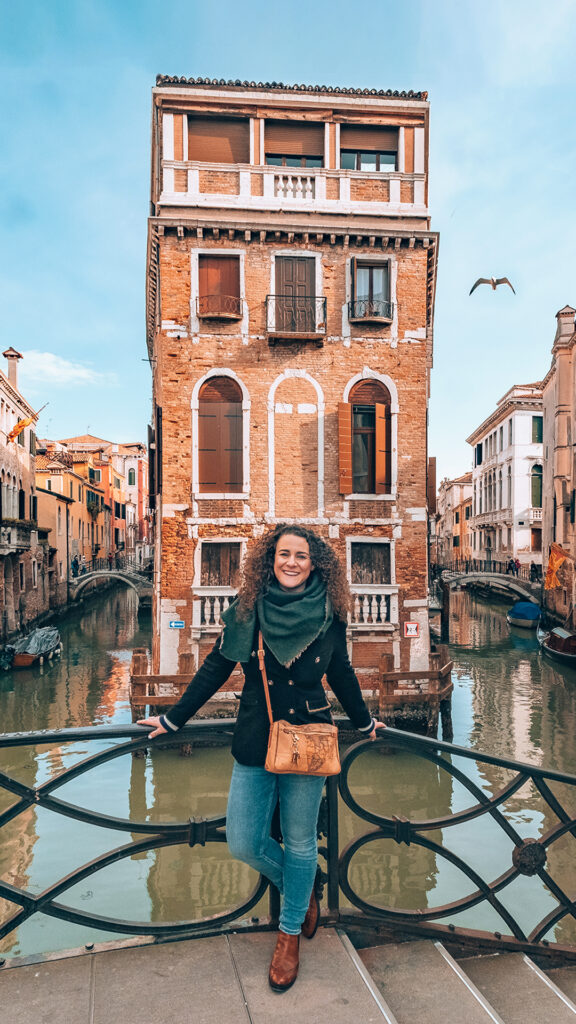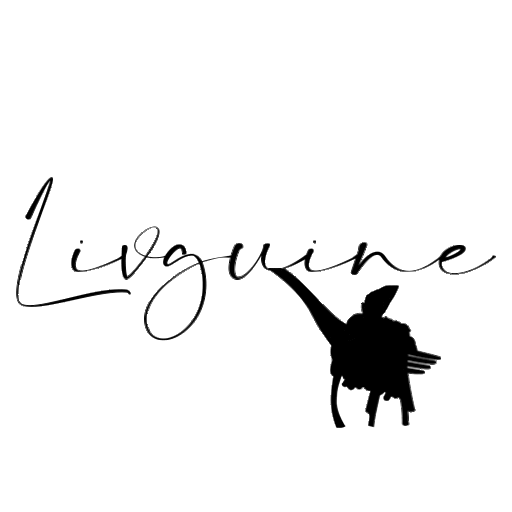I should preface this article by saying, that the title of this blog is a little deceiving. Yes, I speak Italian, but it’s also true that I’m still learning new words and phrases everyday. I’m still learning to speak Italian and it will likely be a lifelong journey as a language other than my native tongue.
What countries speak italian?
Italian isn’t such a widely spoken language. Besides Italy, it’s the official language of San Marino (nestled next to Emilia Romagna and Marche), and of course the Vatican, as well as one of three official languages of Switzerland. It’s also spoken in parts of Croatia and Slovenia.
How many people speak Italian?
Whilst it may not be the most ‘useful’ language to learn in the sense that it’s not spoken widely in that many countries, there are an incredible number of people who speak it. In fact, it’s estimated that around 85 million people speak Italian in 2022 and more impressively, according to a recent survey by the Ministry of Foreign Affairs, it’s the fourth most studied language in the world after English, Spanish, and French!
When I thought I knew Italian…
It’s funny to think that when I first moved to Italy back in May 2019, I thought I spoke decent Italian. Now I was under no delusion that my Italian was flawless, but I was pretty confident that I could have a general chit chat and that staying with an Italian family for a few months would be easy. It was precisely when my taxi rolled up to my beautiful Bolognese apartment and I rang the doorbell to my new home that I realised how very, very naiive I had been. Of course I had no idea what my new Italian family said over the intercom (it was anyone’s guess what floor they were on), and so I trudged up the four flights of stairs with my 30kg suitcase of possessions clanking along behind me, cursing all the way. When I finally entered my new ‘home’, I was relieved that my host’s eldest daughter spoke excellent English, however, it was short-lived as she told me she only stayed there during the weekends! When her gorgeous Bolognese mother arrived later that afternoon, I realised I had been thrown straight out of the frying pan and into the fire as she spoke virtually zero English.
My experience learning Italian as a child
Now let me backtrack a second to explain to you why I thought I spoke some Italian. I grew up in a very multicultural suburb in Melbourne where all my best friends at school identified as Italian (even though it was in fact their nonni who had emigrated and none of my friends had actually set foot in Italy at that point!) I learnt very basic Italian at primary school (we’re talking numbers, colours, some pronunciation, the alphabet), and then pretty much the same at high school up until Year 10 (I’ll forever remember the present tense of essere and avere thanks to those drills in Year 7). I liked learning Italian and was very curious about this beautiful part of the world as my Italian teacher Signora Massini described the beauties of Venice and Florence. However, I was never particularly motivated to put in much of an effort learning the language and promptly dropped it during my final years of school. No one in my family speaks Italian (or any other foreign language for that matter) and I guess, unfortunately, it wasn’t something ever pressed upon me as something important or interesting to do.
Learning to speak Italian in Australia
After that, I went years without ever murmuring much more than a grazie or a buongiorno and in fact for a semester after university I took up Spanish of all languages and not Italian. It wasn’t until I travelled to Italy for the second time in 2017 that I really fell hard in love with Italy and the idea for moving here started to swirl around in the back of my mind. After another trip in 2018, I was officially hooked and thoroughly intoxicated by the romantic lilts and foreign sounds I’d heard in my travels through Campania and Sicilia. When I came back to Australia, I decided to enroll in a weekend class in Melbourne’s ‘Little Italy’ or Lygon Street for the year before I moved to Italy. I thoroughly enjoyed my 2 hours a week of grammar and conversation practice, however, as soon as I was out of the class, it was straight back to speaking in English and all thoughts of Italian were far from my mind.
How I speak Italian now (September 2022)
Fast forward back to Bologna in 2019. I enrolled in a 6-week intensive Italian course at a fabulous school and lived with the Italian family full-time. It was one of the most mentally intensive periods of my life, but I came miles and leaps with my Italian. I was far from fluent though and it probably wasn’t until I moved in with my Italian boyfriend and his mum for three months during the March 2020 lockdown that the language finally clicked. This was 24/7 Italian (although my partner speaks English and I also work in English), and total immersion. Of course my grammar needs some refining and there are some things still to be studied, but I can communicate with everyone I meet, watch TV shows and movies in Italian, dream in Italian and connect with people. And really, that’s the whole point of learning another language. To connect with people.

Some memorable times I was glad I learnt to speak Italian
I’d be lying if I said I wasn’t always glad that I can speak the language, however, there are some key times were I was extra pleased I could communicate in this beautiful country. Some of those times include:
- During the wine harvest in Piedmont: My Italian still wasn’t great but it was good enough to connect with the winery owner’s mother who used to run a restaurant in the tiny town of Montaldo. I was able to get her recipes for pasta, herb fritters and a stunning fig crostata which ended up winning me a scholarship at Pollenzo (it was cancelled in the end due to COVID, however, it’s the thought that counts!)
- Chatting to some local farmers at the Porta Palazzo market and exchanging recipes
- Learning about the history of Grottaglie in Puglia as the ceramicist played a ceramic trumpet for my friend Katy from Untold Italy and I before smashing it as per custom
- Speaking to the nonna of my boyfriend’s lifelong family friends and learning about her life during WW2
- Making friends with our new elderly neighbours in Rome (Ettore, his dog Pepe’ and their friend Rossana) and learning about their life
How to speak Italian for beginners
Probably most people reading this article aren’t looking to become fluent in Italian. After all, unless you’re living in Italy or have Italian relatives, there’s not really many reasons why you would need to speak Italian. Likely, the biggest reason you might want to learn to speak in Italian is for travel. I can’t tell you enough how much more you will get out of a trip to Italy if you’re able to speak a few words. Besides being a polite thing to do to know how to say the basics (please, thankyou, hello), the experiences you open yourself up to are potentially life changing. Most likely you’re not going to have time to commit to an in-person, once a week class before your trip which is why I recommend an online option like the courses offered by Intrepid Italian. Keep reading to find out more.
The Intrepid Italian Course

A little while ago I discovered an Australian-Italian woman named Michele Frolla had created an incredible online course to learn Italian the ‘easy’ way. She hails from Melbourne just like me and after a few years living in bella Roma, she now resides in the UK. Michele’s father is from Puglia, however, she didn’t grow up learning Italian. After her nonno passed away, she was inspired to learn the language of her family and after many years of study and living in Italy, she is now fluent! Michele has designed her own course to save people who want to learn time and money. The whole premise is that she teaches you the most important part of the language so you can communicate in the majority of situations. It’s known as the 80/20 method.
Michele offers online video self-guided courses for beginners (A1), Advanced Beginners (A2), and Intermediates (B1), as well as for travel.
Whether you learn to speak Italian fluently, or pick up a smattering of phrases that allow you to learn more about the people who live here, share recipes with market vendors, fall in love with a handsome Italian boy (or girl), or simply ask directions if your lost, it will be something you’ll truly treasure forever.
Liked this? Take a read of this article on whether Italian is hard to learn and my Italian travel blogs to decide where to go first when you’ve got Italian under your belt!

Trackbacks/Pingbacks